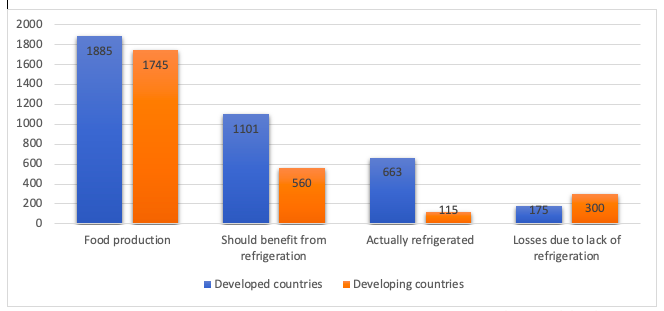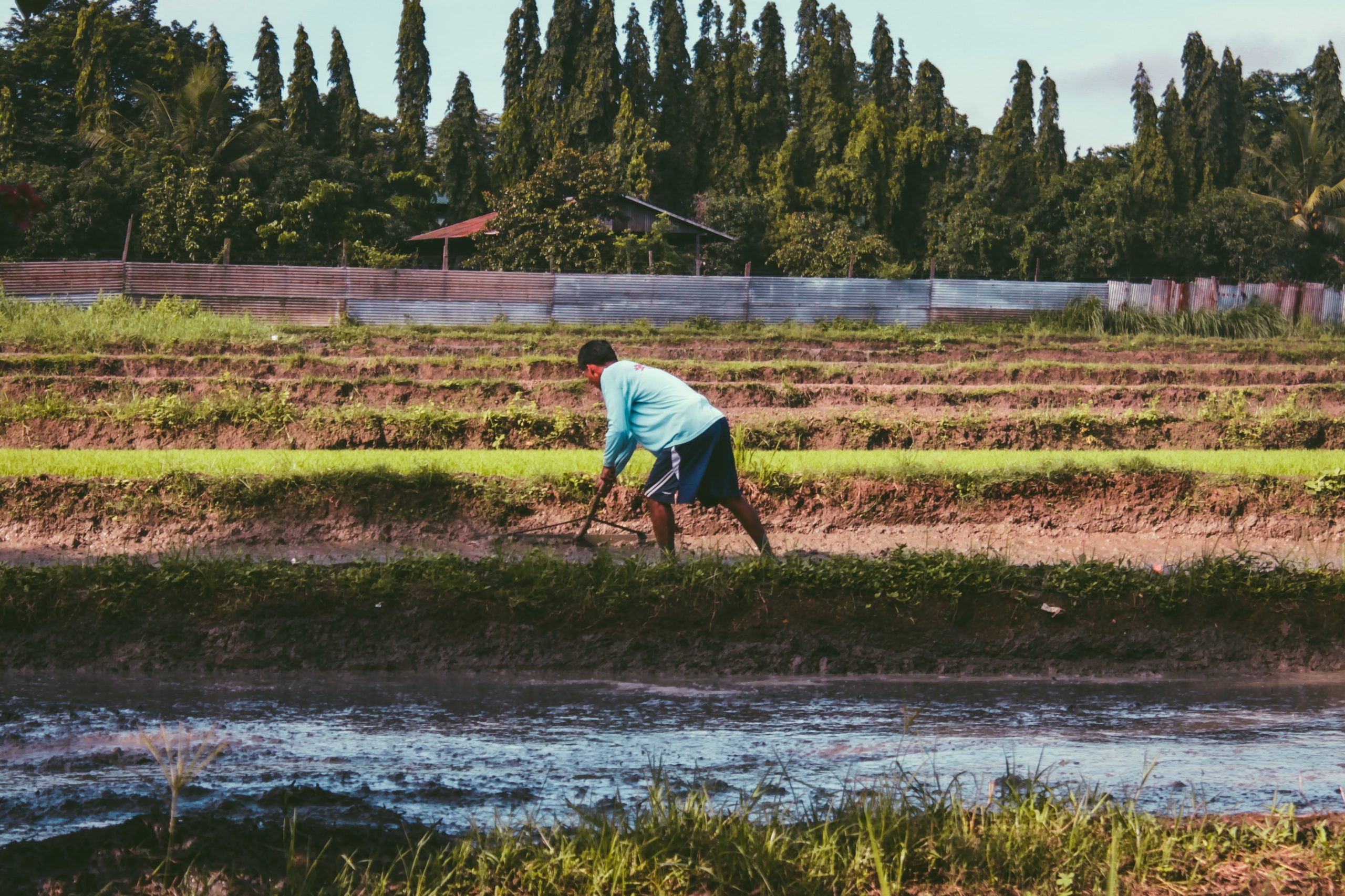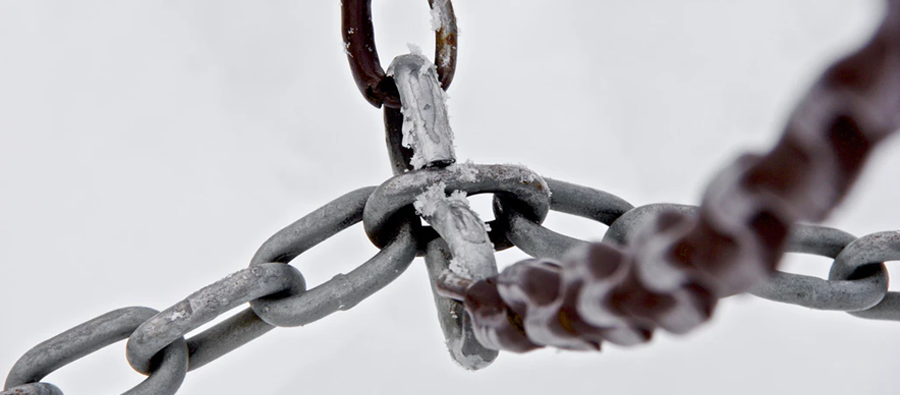Didier Coulomb, Director General of the International Institute of Refrigeration (IIR)Didier Coulomb investigates the potential of an extended cold chain in the Global South to help strengthen food security, health and livelihoods, while protecting the planet.
Refrigeration extends the shelf life of food products, and thus prevents losses throughout the supply chain – from the producer to the consumer via its use in transport, storage and marketing. It is a key element of global food security which also has an impact on livelihoods and the environment: All these food losses require water, land and energy.
In this respect, the Rome declaration was signed by 76 countries in November 2019 at the FAO Head Office, to support the development of a sustainable cold chain. The importance of reducing food losses was further emphasised earlier this year, when a report from UNEP and WRAP revealed that 931 tonnes of food – or 17 per cent of all food available to consumers – is wasted every year.
At IIR, we have worked to better identify and quantify the current state of losses directly related to the cold chain in different regions of the world for the main food categories, and for each stage of the manufacturing and supply chains.
For instance, our latest informatory note found that up to 46 per cent of all food production could benefit from refrigeration (after deducting various agricultural and post-harvest losses). However, only 47 per cent of this tonnage is refrigerated. These losses are particularly high in developing countries where the available refrigeration capacity is much lower than in developed counterparts.
Wasted potential
The 475 million tonnes of food that are lost every year could be saved with adequate refrigeration, and could theoretically feed 950 million additional people. This figure must be put into perspective with the fact that in up to 821 million people are undernourished, and the world population is expected to grow by two billion by 2050 – reaching nearly 10 billion. Investing in expanded cold chains in developing nations represents a significant opportunity for positive transformation.

Food losses due to a lack of refrigeration in the world.
Four positive effects of an expanded cold chain
A more well-developed cold chain could generate benefits for people as well as the planet. First, a stronger cold chain has the potential to improve food security in all countries, particularly in the developing world. Reducing food losses throughout the value chain means that more food can reach consumers, while also ensuring that prices remain affordable.
Furthermore, greater food security will directly contribute to improved nutrition and health, since well-preserved food improves nutritional quality. Moreover, a good cold chain can also be used for medical products, such as vaccines – which is particularly pertinent as global and national stakeholders are galvanising to deliver Covid-19 vaccines worldwide. Also in this case the effects are disproportionately felt the Global South: According to the WHO, about 40 per cent of vaccines are lost due to a poor cold chain in the developing world.

Improved cold chains could bolster livelihoods by expanding markets for farmers and thus their production and resilience. Photo credit: Unsplash
Third, improved cold chains could bolster livelihoods by expanding markets for farmers and thus their production. For instance, a recent experience in India with implementing a cold chain to Bangalore for a kinnow farmer based in Punjab (North India to South India) increased his profits by 21 per cent. (Including a 10-fold increase in profits per refrigerated truck used in the delivery.) This is not only an opportunity to expand market access, but also a chance to create more resilient livelihoods across the value chain.
Finally, an improved cold chain could directly help reduce greenhouse gas emissions worldwide. An IIR informatory note soon to be published, comparing the current global cold chain with a potentially extended cold chain in the developing world, highlights the potential to reduce climate change. The positive contribution of this extended and more efficient cold chain could promote the mitigation of global warming through the reduction of food losses that correspond to high losses of natural resources – including energy.
Actions are underway: Projects with the World Bank and funding from some developed countries are being implemented in Africa and South Asia, in order to design energy storage facilities adapted to rural areas in these countries. Publications for decision-makers and guides for technicians will also be disseminated as part of the project.
If global stakeholders embraced the potential of investing in the cold chain, it could act as a powerful lever for positive change across food security, health, livelihoods, and the climate.



